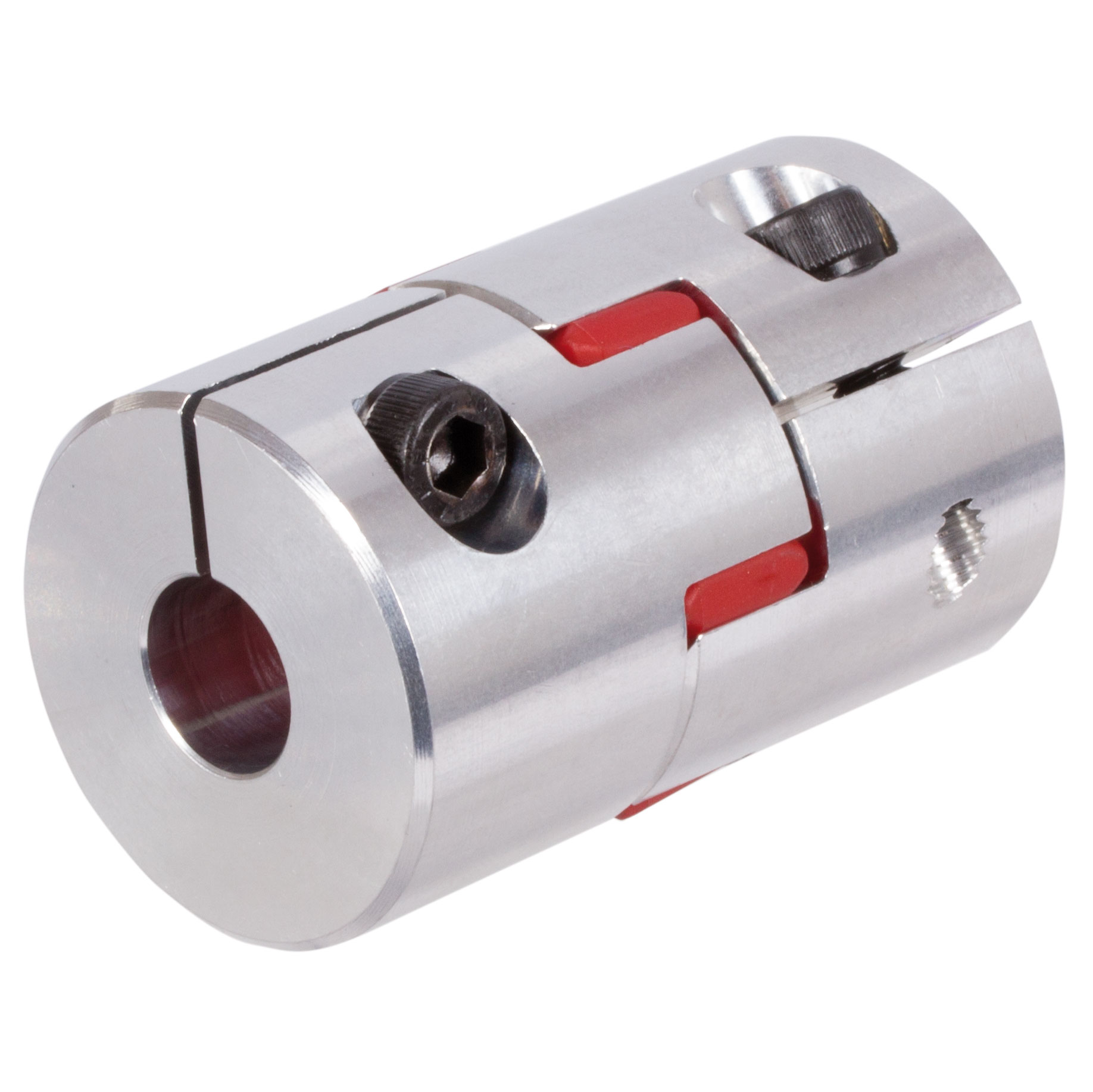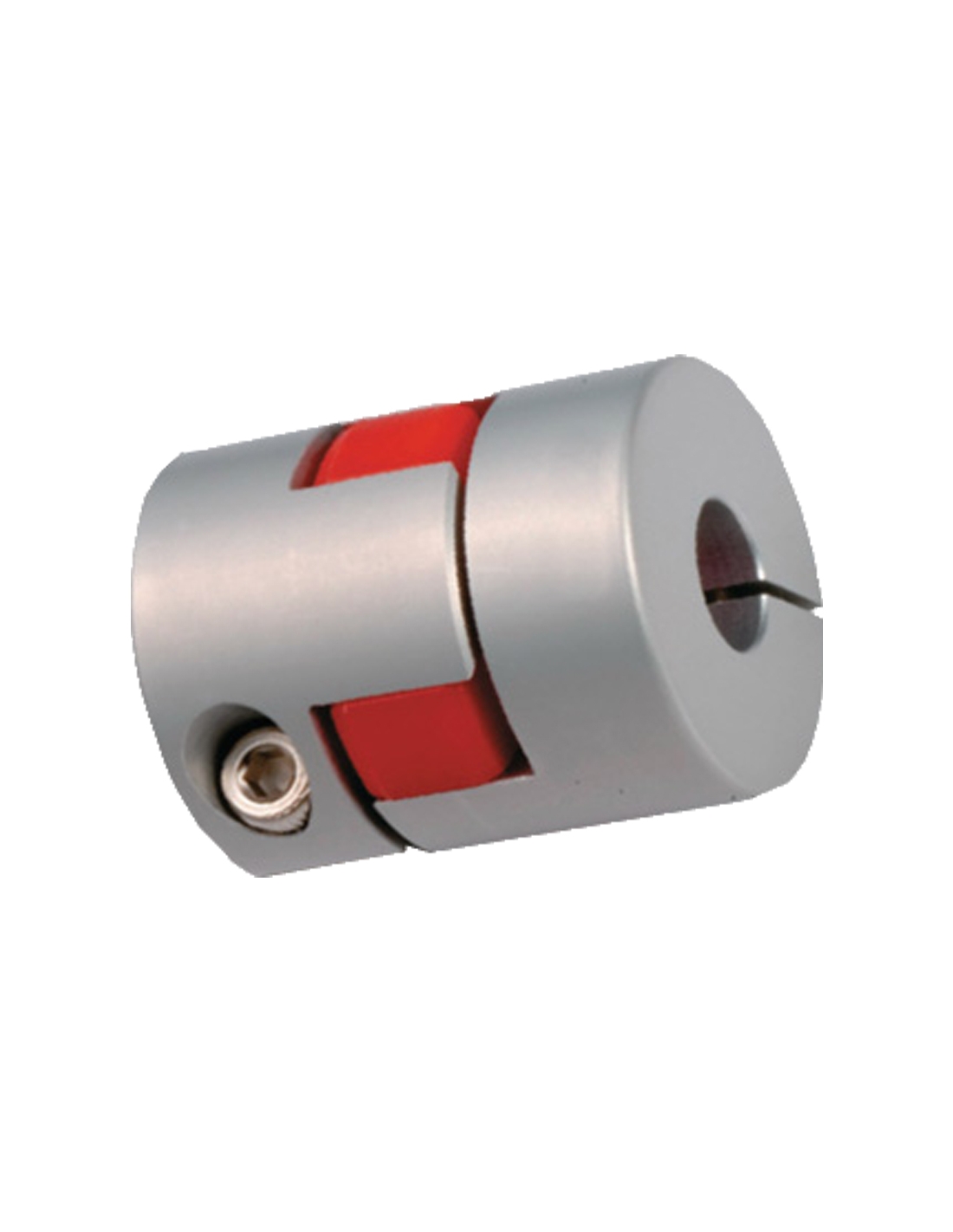Product Description
Application:
NJ31 series rubber shock absorber for asphalt roller/compactor /Vibratory Pile Hammer/breaker /Concrete Truck Mixer can be varies with many brand, Please send us your requirements, or brand and model of your machinery, we will be glad to give the help to find the suitable rubber shock absorber for you.
Compatible brand
XCMG SANY VOLVO LIUGONG BOMAG XGMA SHXIHU (WEST LAKE) DIS.I HAMM Dynapac roller parts
KOTAI CATERPILLIAR LUTONG SINOMACH-HI XIHU (WEST LAKE) DIS.N LUTONG Lonking Junma heavy Wacker Neuson SAKAI SDLG YISHAN heavy
Our Advantages
All the brand and models listed are just for reference, it does not mean our products are just fit for these models, our strength is D&R, if you have any probelm with rubber products, please contact us with no hesitate, our specialist team in the field of polymer materials with 40 years of professional experience ,will help you to conquer all the problems. OEM,ODM are also available, just send us the products’ size drawing,and your detail requirements.
OEM ODM services are available by buyers’ requests.
Sample availability: Available at buyer’s cost and freight
Product Description
| Factory name | HangZhou CHINAMFG POLYMER TECHNOLOGY CO.,LTD |
| Certification | ISO9001 |
| Factory history | 14 years |
| Forming | Rubber and steel plates are pressurized under high temperature vulcanization to make sure the composition is evenly stabilized for the best performance. |
| Main products | Rubber Track, Rubber Pad, rubber shock absorber |
| Materials | rubber, Poly, steel plate |
| Application range | Industrial Machinery, construction machinery, heavy machinery, motor stand, central air-conditioning external unit etc. |
| Packing | Standard packings or as your requirements |
| Delivery date | 7-30 days (according to your order quantity) |
| Delivery port | ZheJiang Port |
| Price terms | EXW, FOB ,CIF, CNF, |
| Payment | T/T, L/C, Western Union, PAYPAL, |
| OEM and ODM are highly welcomed,customzation is our strength | |
Company Profile
QUICKPADS is dedicated to solve noise and vibration problems in road protection and industry field; concentrated on research& development and
manufacturing of super wear-resistance, high-strength elastomer, as well as elastomer-metal composite products.
A expert team in the field of polymer materials with 40 years of professional experience.
QUICKPADS founded in 2004, officially registered as CHINAMFG Manufacturing Company in 2007, and established CHINAMFG Polymer Technology Co., Ltd. in 2014.
In 16 years of innovation, CHINAMFG has reached the leading level of this field. With mature production technology and rich industry experience, QUICKPADS’ products have been favored by customers at home and abroad!
/* January 22, 2571 19:08:37 */!function(){function s(e,r){var a,o={};try{e&&e.split(“,”).forEach(function(e,t){e&&(a=e.match(/(.*?):(.*)$/))&&1

Limitations and Disadvantages of Elastic Couplings
While elastic couplings offer various benefits, they also come with certain limitations and disadvantages that engineers and designers need to consider:
- Torsional Stiffness: Elastic couplings provide flexibility, but this can lead to lower torsional stiffness compared to rigid couplings. In applications requiring high torsional stiffness, elastic couplings might not be the ideal choice.
- Energy Loss: Due to the elastic nature of the material, a portion of the transmitted torque can be absorbed as deformation energy in the elastomer. This can result in energy losses and reduce overall efficiency.
- Wear and Fatigue: The elastomer element in elastic couplings can experience wear, fatigue, and deterioration over time, especially in applications with high loads or extreme operating conditions. Regular maintenance and monitoring are essential to ensure proper functionality.
- Temperature Sensitivity: Some elastomer materials used in elastic couplings might be sensitive to temperature fluctuations. Extreme temperatures can affect the properties of the elastomer and compromise the coupling’s performance.
- Alignment Requirements: While elastic couplings can accommodate minor misalignments, excessive misalignment can still lead to premature wear and reduced coupling lifespan. Proper alignment remains important for optimal performance.
Engineers and designers must carefully assess the specific requirements of their applications to determine if the advantages of elastic couplings outweigh the potential limitations and disadvantages.

Alternatives to Elastic Couplings for Flexible Connections in Machinery
There are several alternatives to elastic couplings for achieving flexible connections in machinery:
1. Universal Joints: Universal joints, also known as U-joints, are mechanical devices that allow rotational motion between two shafts at different angles. They are suitable for applications with significant misalignment.
2. Cardan Shafts: Cardan shafts consist of a series of universal joints connected in a line, allowing for the transmission of torque and rotation in complex systems.
3. Oldham Couplings: Oldham couplings use sliding disks to transmit torque while accommodating small misalignments. They are suitable for applications where precise positioning is required.
4. Beam Couplings: Beam couplings use a flexible beam to transmit torque and compensate for angular and axial misalignment.
5. Diaphragm Couplings: Diaphragm couplings use thin diaphragms to transmit torque while compensating for misalignment. They are often used in high-performance applications.
6. Gear Couplings: Gear couplings use teethed gears to transmit torque and accommodate misalignment. They are suitable for heavy-duty applications.
7. Chain Couplings: Chain couplings use roller chains to transmit torque and handle misalignment. They are commonly used in low-speed, high-torque applications.
8. Bellows Couplings: Bellows couplings use a bellows-like flexible element to transmit torque while compensating for misalignment.
Each of these alternatives has its own advantages and limitations, and the choice depends on the specific requirements of the application.

Industries Using Elastic Couplings
Elastic couplings find extensive use in various industries due to their unique benefits:
- Industrial Manufacturing: Elastic couplings are widely used in manufacturing equipment, conveyors, and assembly lines to maintain smooth operation and reduce vibrations.
- Automotive: Automotive applications include engine components, powertrain systems, and vehicle suspension systems where flexibility and vibration dampening are crucial.
- Power Generation: Elastic couplings are used in power generation equipment such as generators, turbines, and pumps to absorb torsional vibrations and enhance efficiency.
- Aerospace: In aerospace applications, elastic couplings help dampen vibrations in critical components like aircraft engines and control systems.
- Renewable Energy: Wind turbines and solar tracking systems benefit from elastic couplings to accommodate misalignments and vibrations caused by changing wind conditions.
- Mining: Mining equipment such as crushers, conveyors, and screens utilize elastic couplings to handle varying loads and minimize shock loads.
- Marine: Elastic couplings are used in marine propulsion systems and ship equipment to manage torque fluctuations and reduce vibrations.
These industries rely on elastic couplings to enhance performance, extend machinery lifespan, and minimize downtime due to vibrations, misalignments, and shock loads.


editor by CX 2024-04-24